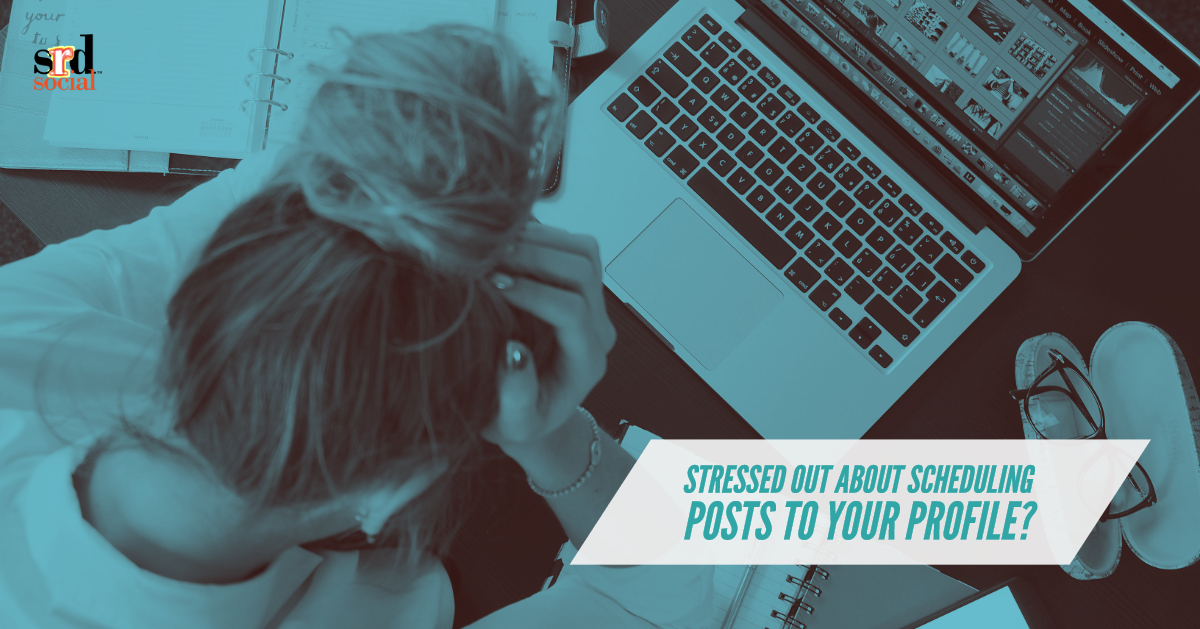Planning a Live Event: Understanding Your Audience
The first rule of creating products, a new service offering, or planning a live event is to understand your audience. This is true no matter what business or market you are in. Note that a prerequisite of understanding your audience is to first identify your audience. If you haven’t done that yet, take a look at our list of ways to identify your target market.
You must be connected with the pulse of your audience to know in advance whether or not they can afford your event, want and need what you offer, and can take advantage of the opportunity. Learning about your audience will also help you overcome many objections such as cost, subject matter, location, and time.
Know Your Audience’s Budget
If you know your audience well, you’ll know what type of disposable income they have. This allows you to plan and price your event accordingly. Look at your audience’s average income and how much they usually spend on the product/service/topic you intend to promote at your event. Once you know what they can afford, you can create a realistic budget for your event based on your audience’s ability to pay.
Know The Topics They Care About
Knowing your audience will help you pick just the right topic and theme for your live, in-person event. Remember, you need to make them want to leave their home to listen to your subject matter. One easy way to start this process is to identify the pain points of your target audience then identify how your product/service helps to alleviate or eliminate those pains.
Know The People They’d Want to Meet
When planning a live event, think about the other influential people in your industry that might help to make your event more appealing to potential attendees. Who might your audience be interested in meeting in person? It’s important for you to know who these people are so that you can invite them to attend as keynote speakers or JV partners for the event.
BONUS TIP: even if you can’t get other influential people to attend your event, you can take a peek into their events to see what makes them popular and see if you can mimic it.
Know What Locations They’ll Love
Understanding who your audience is also helps you know what locations they’d love to visit. Even though in most cases people don’t see much of the area they’re in when they attend an event, the location still matters. Will it be too cold, too hot, too exotic, too costly? Only knowing your audience well can help you determine which is best. You can start with any information gathered by analyzing your competitor’s events to see what worked – or didn’t work – about the locations where they were held.
Know The Right Timing
The other concern that knowing your audience can help clarify when planning a live event is the time factor. When an event should be held – which time of year, which days of the week, or over a weekend – can all be answered by a thorough understanding of your audience. Look at your audience’s travel habits and when they’re most likely to be open to attending an event. For example, parents of school-aged children might be less inclined to attend a corporate event during Spring Break.
Final Thoughts
Knowing your audience will help you overcome any objections they may have to attending a live event. Use your knowledge to create a live event that they’d want to attend, can afford to attend, and are able to attend. To learn more about your audience, it’s important that you go where they go (online and off), survey them, and listen to what they have to say.
You can study your audience via social media, free in-person meetups, and webinars. Leave no stone unturned to learn more about your audience so that you can put on a live event that is both profitable and fun for all involved, including yourself.


